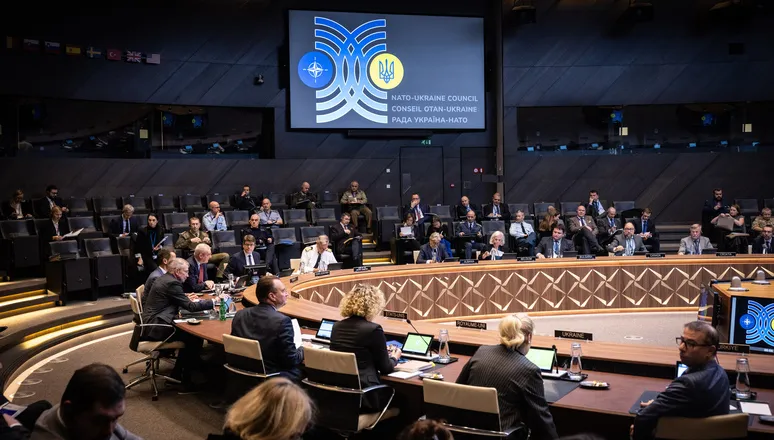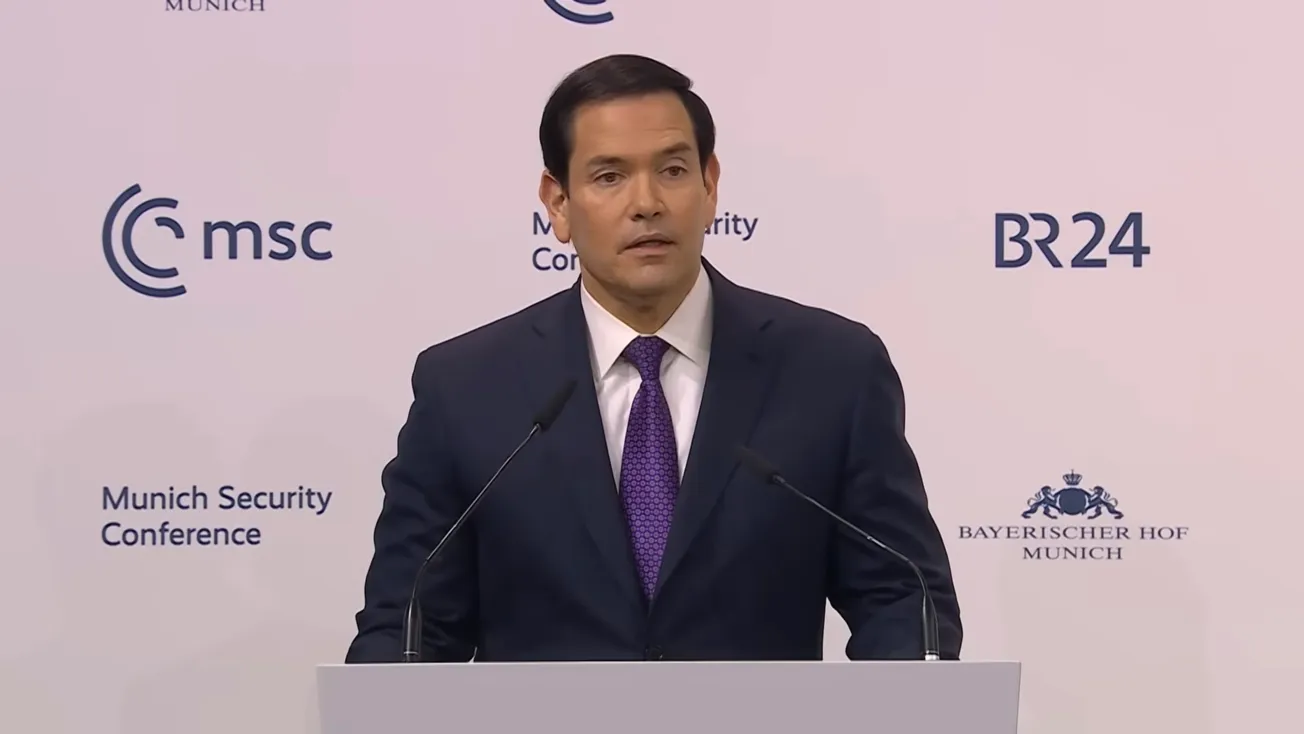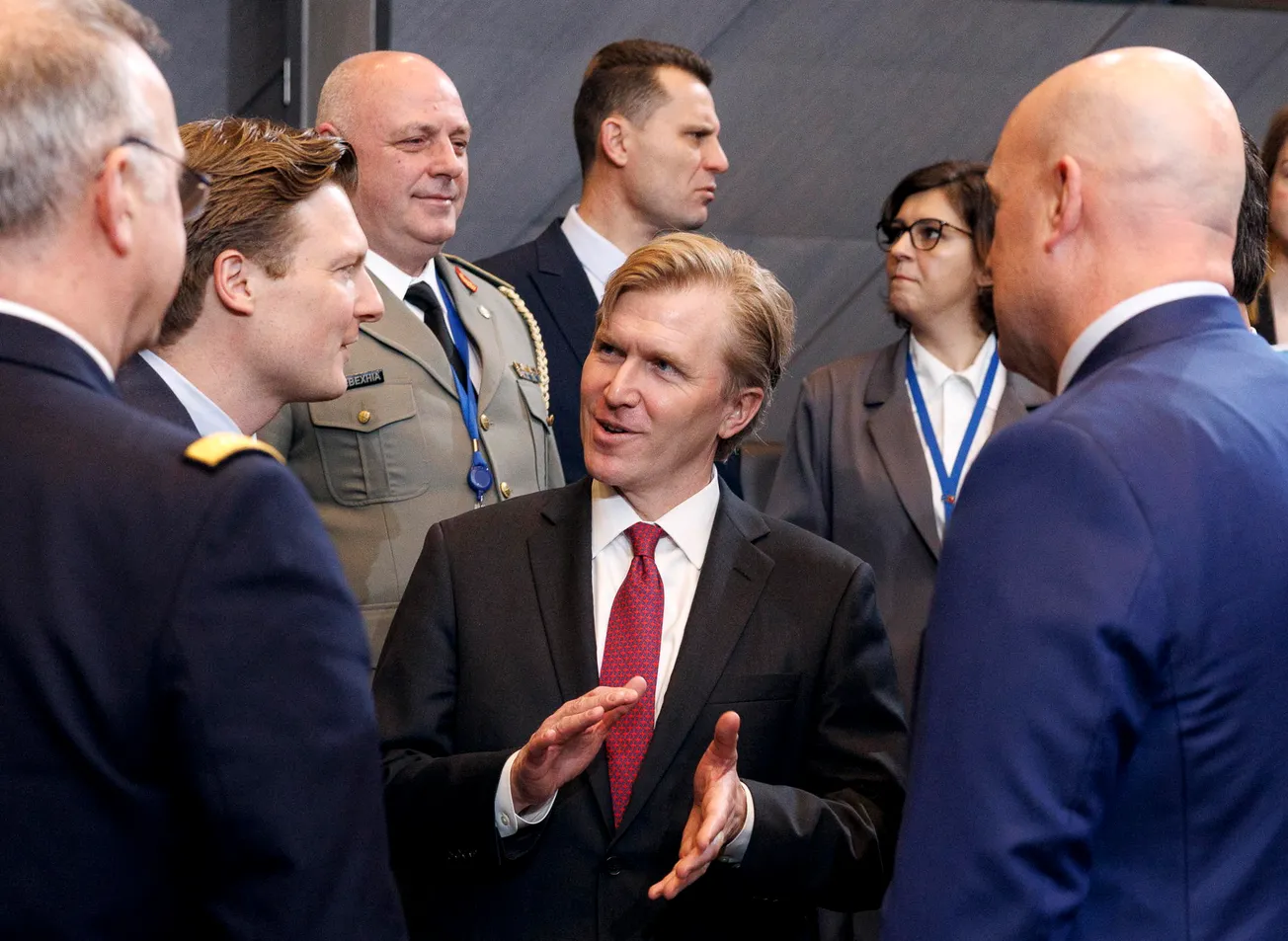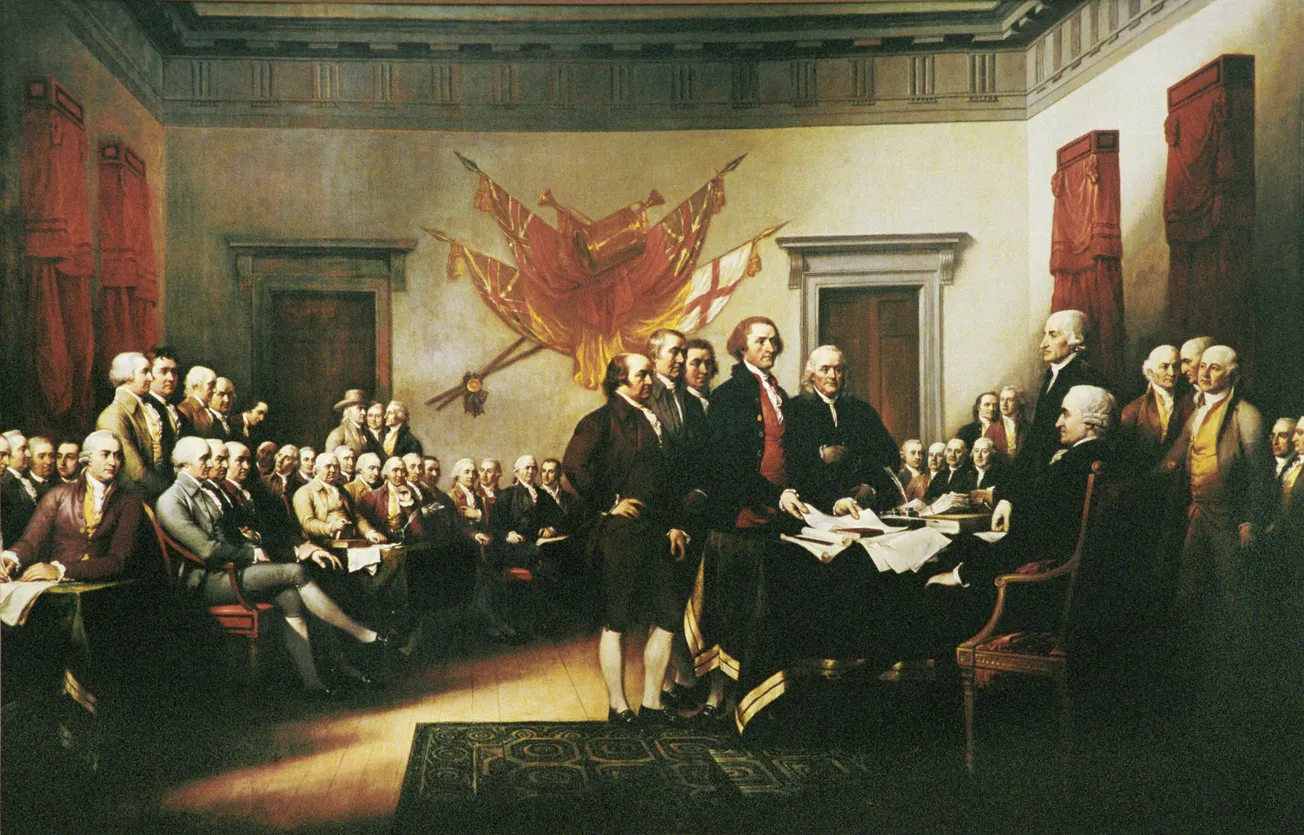The Lead
Western Governments Respond to Russia’s Oreshnik Moment
by Stewart Battle (EIRNS) — Nov. 26, 2024
When Russia fired its new hypersonic intermediate-range ballistic missile on Nov. 21, decimating a Ukrainian industrial complex in Dnipro, it was effectively a message to the West that Russia was not playing around. The attack came after the United States no later than Nov. 17 had lifted restrictions on Ukraine’s use of long-range missiles to strike Russia—and Ukraine’s ensuing use of such missiles—crossing a red line which put the U.S. in direct, open conflict with Russia. The message should have been clear: further escalation means all options are now on the table.
But the response so far from Western officials appears to be: “Screw you.” Ukraine (read: the Pentagon) launched two more strikes into Russia’s Kursk region using long-range ATACMS missiles—one against a Russian S-400 system on Saturday, Nov. 23, and another on an airport early Monday morning, Nov. 25, injuring personnel there. Russia’s Defense Ministry, in reporting on the situation, included the chilling comment at the end: “Retaliatory measures are being prepared.”
Meanwhile, European NATO leaders are equally signaling their intention to escalate. The Ukraine-NATO Council convened an emergency meeting Tuesday, Nov. 26, where they vowed they would not let the Oreshnik “change the course of the conflict.” Earlier on Nov. 25, European defense ministers met in Berlin to discuss continuing their military support to Ukraine regardless of any change in the incoming Trump administration. All the while there are growing rumors about the deployment of NATO troops to Ukraine, and a report by Bloomberg that the U.K. had sent dozens of its long-range Storm Shadow missiles to Ukraine weeks ago, as if in preparation for the current round of attacks.
This intention was made even clearer by the chair of NATO’s Military Committee Admiral Rob Bauer, who announced that the Alliance is changing from merely a “defensive alliance” to one that is prepared to “shoot the archer,” i.e., Russia. Toward that end, Bauer claimed that NATO is now working to develop “deep precision strike” capabilities, leading Russian Foreign Minister Sergey Lavrov to conclude that NATO is openly discussing preemptive strikes, and that “all decency has simply been thrown aside, and true intentions are already being announced publicly.”
These developments show, more than ever before, that the world is at a point where there are no longer any guardrails, and even the slightest misstep could ignite an irreversible chain reaction of events that rapidly leads to a thermonuclear exchange. NATO is now rushing for the final trigger.
The problem with confronting Russia like this, as Donald Trump said during his September debate with Kamala Harris when pressed on whether he wants Ukraine to “win,” is that: Putin’s “got a thing that other people don’t have: he’s got nuclear weapons.” Trump is right, and even this sliver of sanity is enough for the Anglo-American war hawks to want to create a situation in which peace is impossible. However, what Trump has so far failed to mention or propose is an actual solution to the crisis. This question is taken up by the Schiller Institute’s newly-released report, focused on transforming what is a global crisis—the end of the reigning “rules-based order"—into the birth of a new era, in which sovereign yet cooperating nation-states join together in the task of the type of economic development common and beneficial to all.
Helga Zepp-LaRouche, founder of the Schiller Institute, states in the introduction of the report: “Consider the potential if the United States and Europe were to cooperate with the BRICS, and with China’s Belt and Road Initiative (BRI), to unleash science-driven industrialization worldwide. There are now 151 nations from all continents that have joined the BRI…. The obvious and easy way to overcome the danger of war and confrontation is to convince the countries of the Collective West—the European nations and even the U.S.—to stop confrontation and adopt a mode of cooperation with this growing Global Majority.”
This will also be the subject of the upcoming Dec. 7-8 Schiller Institute conference, “In the Spirit of Schiller and Beethoven: All Men, Become Brethren!” which will be a crucial organizing event to take advantage of this historic opportunity.
Contents
Strategic War Danger
- Kiev Fires More ATACMS into Russia, Moscow Promises Retaliation (↓)
- Bauer Statements on First Strike Causes Furor in Moscow (↓)
- White House Finally Confirms Change in Policy for Ukrainians To Use U.S.-Supplied Missiles To Attack Russia (↓)
- More Chatter about NATO Troops Deploying to Ukraine (↓)
- Russian Security Chiefs Warn CIS of Threats from U.S./NATO Dominance (↓)
- Scholz Confirms No Taurus for Ukraine, but Support Continues (↓)
New World Paradigm
Collapsing Imperial System
- Romanian Election Delivers Another Shock: People Don’t Want a New World War! (↓)
- Five European Defense Ministers Meet To Plot Support for Ukraine (↓)
- University of Illinois Files Draconian Charges Against Pro-Palestinian Protesters (↓)
U.S. and Canada
LaRouche movement
Harley Schlanger Update
Watch The Daily Update with Harley Schlanger, a short video update available every weekday morning from The LaRouche Organization.








